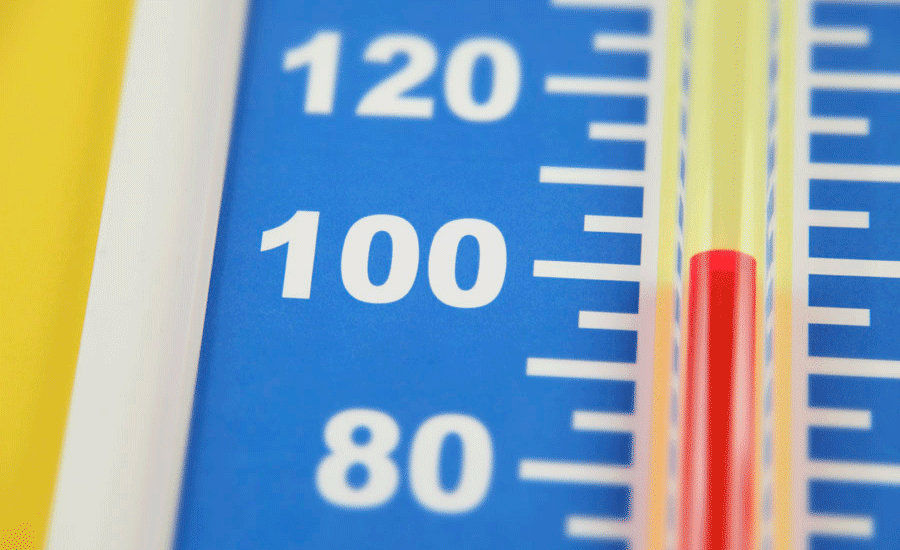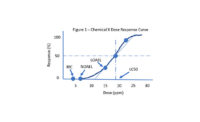With today’s temperature expected to reach 108 in parts of California – and 100+ temps predicted for many days during the next two weeks - Cal/OSHA is reminding employers to observe outdoor workers toiling in high heat for signs and symptoms of heat illness. It’s a warning that should be heeded by those in other parts of the country, as well.
From fatigue to fainting
Symptoms of overexposure to heat include headache, fatigue, dizziness, confusion, cramps, exhaustion, and fainting. Heat illness occurs when the body is unable to cool itself down when overheated.
“Exposure to heat while working outdoors can cause serious illness or death,” said Juliann Sum, Chief of Cal/OSHA. “It is important for those who work outdoors, especially during heat waves, to know how to protect themselves from heat illness.”
Medical conditions, medications can make things worse
Cal/OSHA urges workers experiencing possible overheating to take a preventative cool-down rest in the shade until symptoms are gone. Workers who have existing health problems or medical conditions that reduce tolerance to heat, such as diabetes, need to be extra vigilant. Some high blood pressure and anti-inflammatory medications can also increase a worker’s risk for heat illness.
Staying properly hydrated throughout the workday is one of the most effective heat illness prevention techniques. Cal/OSHA encourages all workers to drink at least one quart of water every hour, preferably sipping an 8-ounce cup of water every 15 minutes. Drinks such as soda, sports drinks, coffee, energy drinks or iced tea are not recommended for hydration. Also, the lingering effects of alcoholic beverages can contribute to quickly dehydrating the body in hot weather.
Monitor workers
In addition to the basic steps outlined by California’s heat regulation for employers with outdoor workers, heat at or above 95 degrees Fahrenheit requires additional precautions. Among other measures, it is crucial that workers are actively monitored for early signs of heat illness. This helps ensure sick employees receive treatment immediately and that the symptoms do not develop into serious illness or death.



